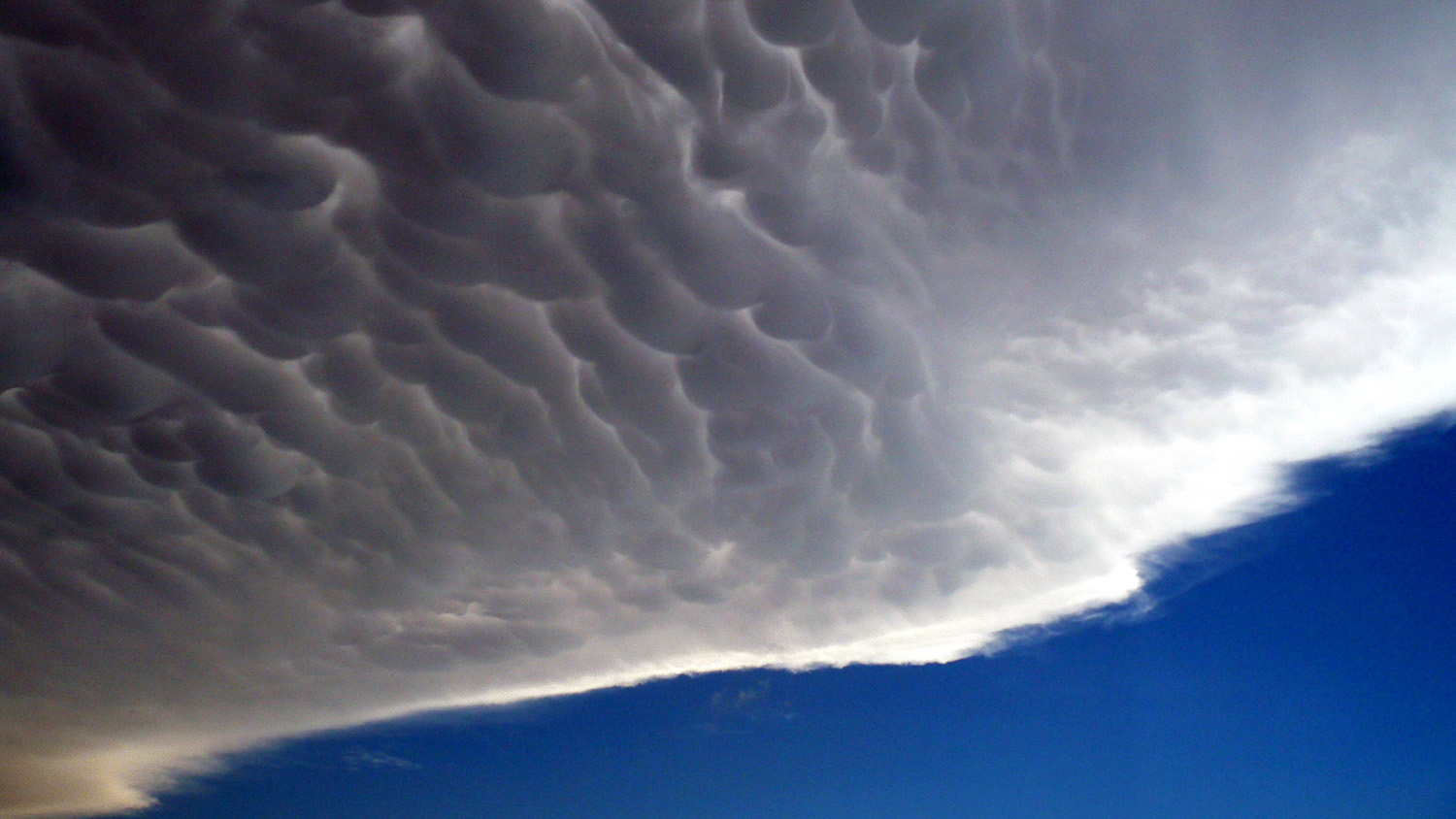Atmospheric Science
Meteorologists study a diverse array of topics, including climate, air pollution, environmental impacts, weather analysis and forecasting, remote sensing, atmospheric physics and interactions between the atmosphere and other components of the earth system.

Degrees Offered
- Bachelor of Science in Meteorology
As a Meteorology major at NC State you will gain training in core areas of atmospheric science while pursuing a wider, well rounded undergraduate education. Our curriculum closely follows the guidelines set by the American Meteorological Society. The program emphasizes a strong background in physical sciences and mathematics followed by specialized courses in meteorology that cover a wide range of topics from weather prediction to air-quality and climate. Our students benefit from a low faculty to student ratio (6:1), research and internship opportunities and participation in student groups and clubs. - Bachelor of Science in Meteorology with Marine concentration
- Minor in Meteorology
A meteorology minor is a great option for science and engineering students seeking applications of their competency in physical sciences and mathematics. The minor degree program consists of 15 credit hours of core and elective courses in meteorology. Students with meteorology minor are well prepared for jobs that require inter-disciplinary training such as scientific computing and data analysis.
What Do Meteorologists Do?
At NC State, atmospheric science emphasizes the application of theory and state-of-the-art technology to environmental problems. Examples include impacts of air quality on the local environment, investigation of global climate change, improving flood prediction, and the operational forecasting of weather phenomena such as winter storms, severe thunderstorms, tornadoes and hurricanes.
Careers
Our undergraduate students pursue careers in air quality, weather forecasting, meteorological research, broadcast meteorology and positions with the armed forces. Excellent scholarship opportunities are provided by the Air Force ROTC program. A significant fraction of our strong undergraduates go on to graduate school in the atmospheric sciences. Advanced degrees are advantageous for those wishing to pursue research-oriented careers in this field. Graduate students in our program find employment with the National Weather Service (NWS), at governmental research laboratories and as faculty at other universities.
The proximity of the Environmental Protection Agency center in nearby Research Triangle Park, the NC Department of Air Quality, a strong working relation with the local media, and the presence of the State Climate Office and a NWS forecast office on the NC State campus all provide our students with a broad range of internship and employment possibilities.
Other exciting professional development opportunities in the NC State meteorology program include student-led weather forecasting for WKNC radio, weekly student weathercasts for the Carolina Week student-run news program, and two active local chapters of the American Meteorological Society (one student chapter and the Central Carolina chapter).
Educational Requirements
A strong high-school foundation in the natural sciences (physics, chemistry, biology, earth sciences), mathematics (analytic geometry and calculus) and communication skills (speaking and writing) is essential.